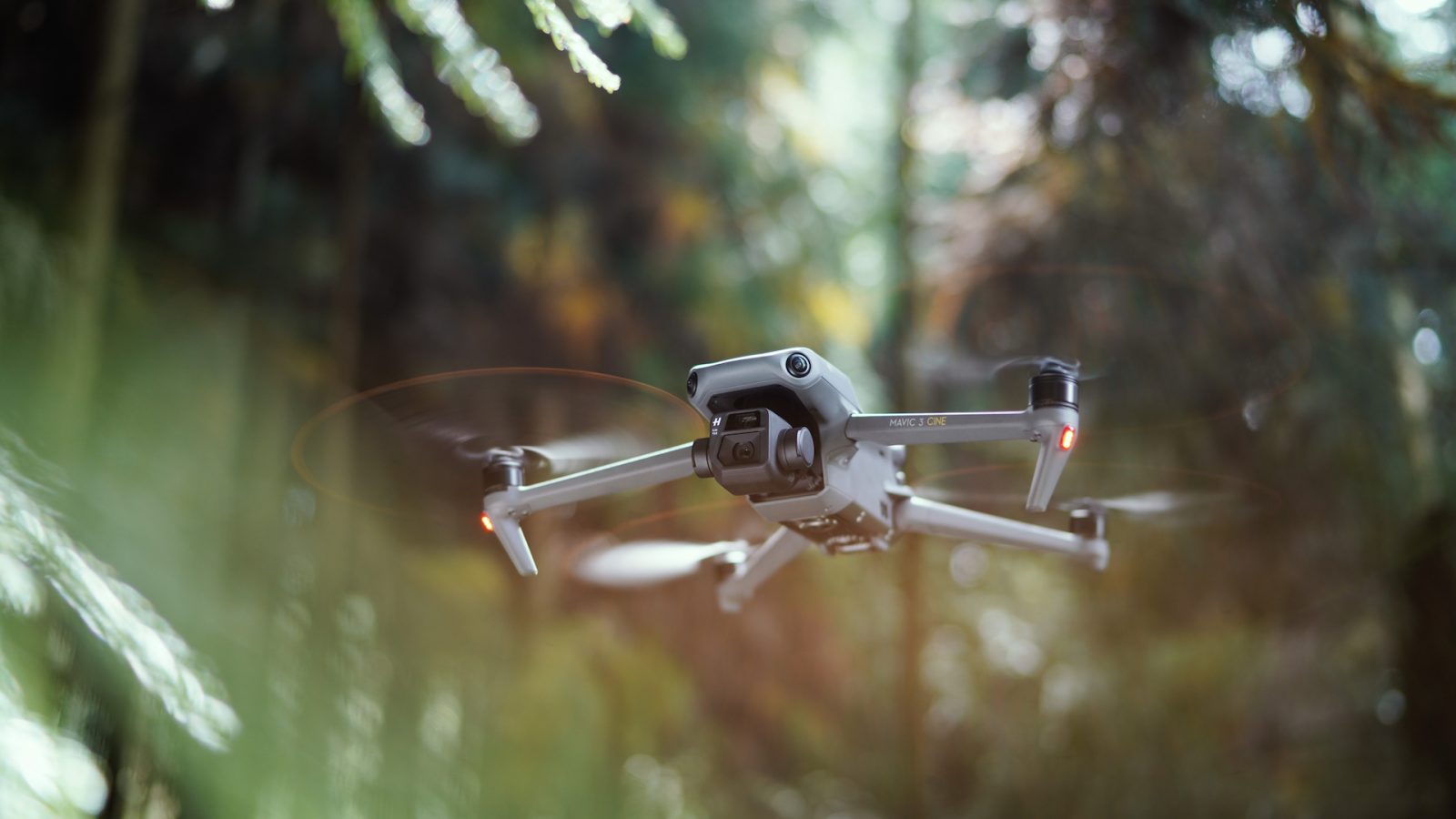
Scarcely a week goes by anymore without new efforts being announced to tighten bans on DJI drone operation in the US and this is one no exception, amid national and state activities to effectively and legally ground UAVs produced by the market leader.
As DroneDJ detailed yesterday in its interview with DJI’s head of global policy Adam Welsh, blacklists targeting the company have broadened over time, from banned use by federal agencies to a current House bill looking to prevent their use by enterprise and consumer pilots as well. Yesterday, that Countering CCP Drones Act took another procedural step towards full Congressional debate by clearing the House Energy and Commerce’s Communications and Technology Subcommittee.
That passage is just one of many hurdles the text would need to clear before being considered and voted by the entire House, But its sequential advance is still bad news for DJI – and the millions of companies and individuals who fly its drones.
The reason? According to the text’s co-sponsor, far-right Republican and oft-mentioned Donald Trump running-mate consideration Elise Stefanik, if it becomes law, DJI drones – and thus users – “would be prohibited from operating on US communications infrastructure.” As such, it would represent a legal anvil being deposited atop of every DJI craft owned by individuals and companies across the US.
According to DJI’s Welsh, the financial impact of such a ban could be as high as $116 billion.
The other reason yesterday’s committee clearance is an ominous development for DJI and its drone customers is it having coincided with subcommittee approval of the Foreign Adversary Communications Transparency (FACT) Act. That bill also targets companies from countries listed in the bill – to wit, China, Russia, North Korea, Cuba, Iran, and Venezuela.
To darken the picture further for DJI and its users, MAGA maven Stefanik recruited progressive Democrat and purportedly de-escalation prone Ro Khanna as co-sponsor. That pairing of opposites reflects what has become a bipartisan effort to use the execrable state of US-China relations as justification to advance what many observers view as a bald protectionist drive to assist domestic drone manufacturers eager to undermine DJI’s sales domination.
Indeed, while the blacklisting moves nominally seek to address thus far unproven allegations of DJI drones leaking user data to Beijing spies, Stefanik herself refers to the company’s marketing and sales success with US customers as a main factor in her efforts.
“Communist China is using their monopolistic control over the drone market and telecommunications infrastructure to target Americans’ data and closely surveil our critical infrastructure,” Stefanik said – offering an example of someone responsible for making sense of complex technological, operational, and legal issues in order to craft effective and reasonable laws somehow unable to master elementary subject-verb agreement (and in a written, vetted statement to boot). “It is critical that we continue to advance both of my bills to counter these threats and strengthen America’s national security.”
The House bills were not the only moves afoot to effectively prevent DJI drone use, meanwhile.
Following the examples of several other states, both Kansas and Connecticut are now reportedly considering bans for public agencies that Arizona has also tabled. Those local initiatives risk dire consequences to the company and its users as well, as politically motivated legislators rallying around them as no-risk flag-waving opportunities. As they do, politicians frequently remain unmoved by the less crowd-exciting arguments of operators of why the bans are so harmful to their activities – and costly to taxpayers.
“We have a lot of departments in this state that are very small, and trying to acquire… an expensive piece of (replacement) equipment that is useful for the safety and welfare of our communities is just expensive,” Bel Aire Kansas Police Chief Darrell Atteberry told legislators considering the bill Tuesday, arguing DJI drones are the most effective and accessibly priced aerial tech on the market today. “As it currently is written, it’s an unfunded mandate.”
FTC: We use income earning auto affiliate links. More.




Comments